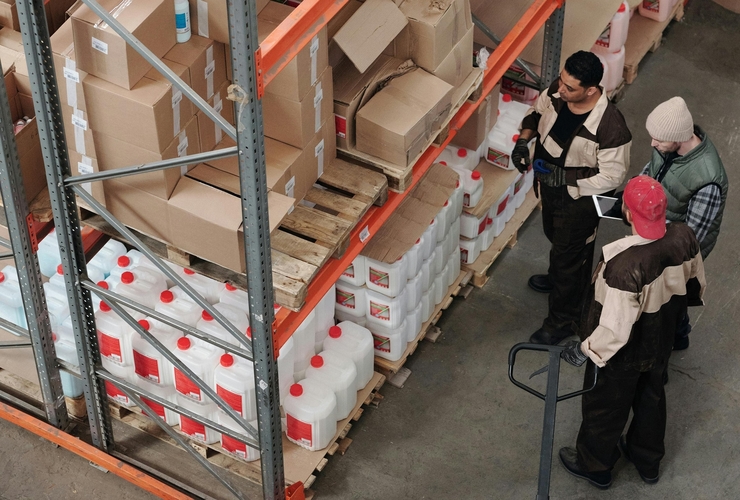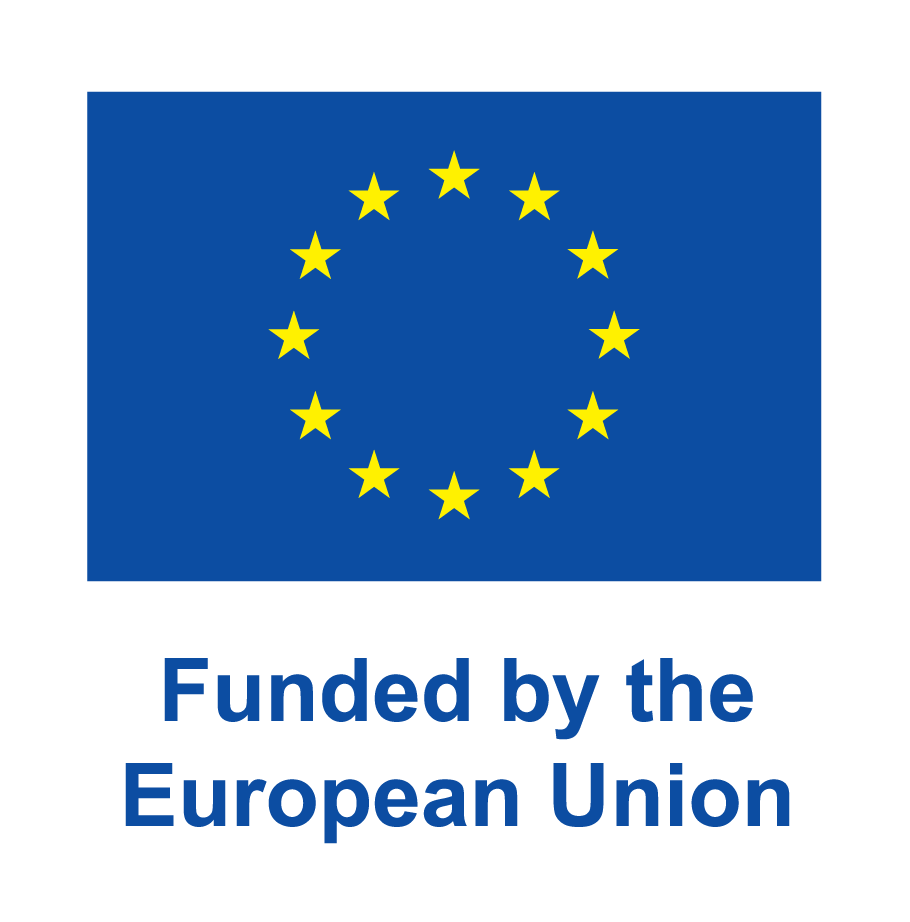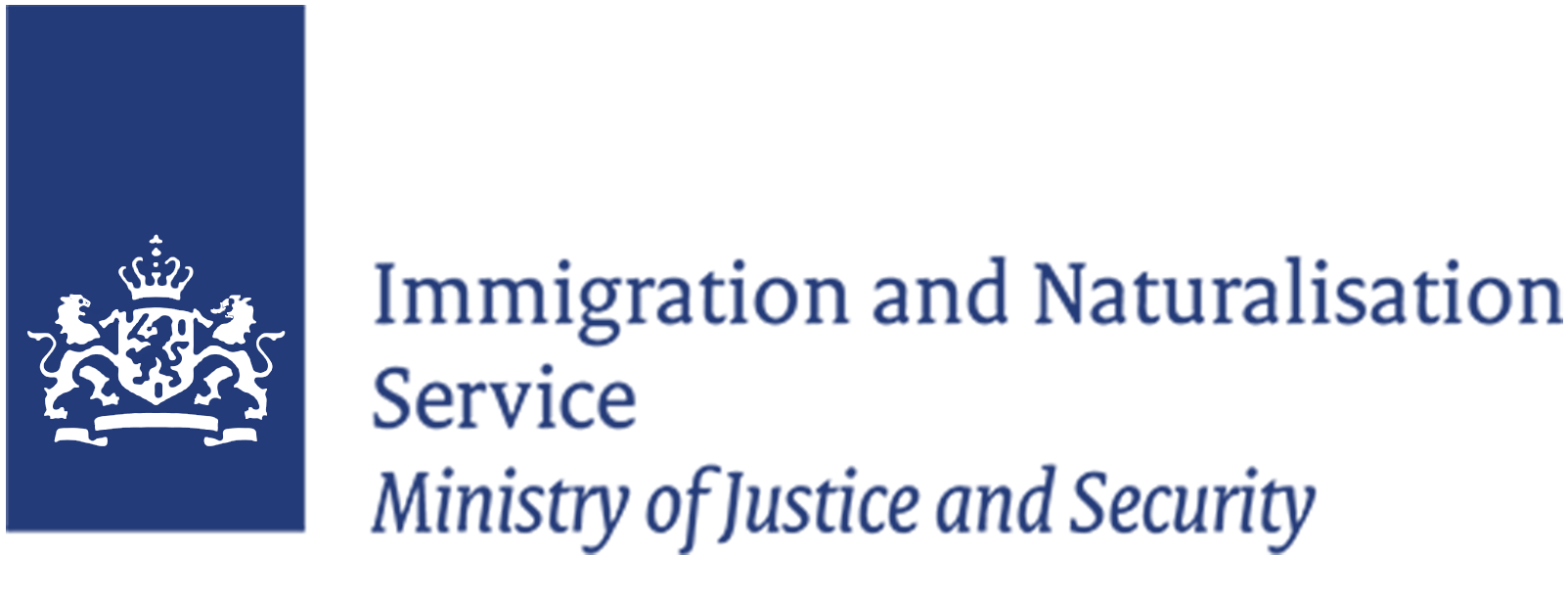Violations, difficulties in enforcement, or abuses in certain sectors: not only the Netherlands faces problems related to illegal employment and labour exploitation of migrants from non-EU/EFTA countries*; other EU Member States are facing similar issues. Policy developments for prevention and enforcement are aligned in many countries, but in terms of risk analyses and inspections, the Netherlands’ approach differs. This has been revealed by research conducted by the European Migration Network.
Illegal employment and labour exploitation: problems occur in all EU Member States, and in the same sectors
Illegal labour practices and exploitation of migrants from non-EU/EFTA countries (third countries) are subjects of debate in all EU Member States. In the Czech Republic, Estonia, Lithuania, Sweden, and Slovakia, the discussion has intensified due to the arrival of many displaced persons from Ukraine.
Eyes on all sectors
Construction, hospitality, agriculture, manufacturing, and trade: these sectors are in nearly all EU Member States sectors with a high risk of (frequent) labour exploitation and illegal employment. The same applies to emerging sectors, such as the wellness industry, delivery services, and the garage and car industry. Most countries identify this risk through analyses, after which they specifically monitor the high-risk sectors. Besides Greece, the Netherlands is the only country monitoring all business sectors as a standard.
Regional cooperation success in the Netherlands
In most Member States (BE, BG, CZ, EE, EL, FI, FR, HR, HU, IE, IT, LT, LU, NL, PL, SI, SE, SK), detecting illegal employment is the responsibility of labour inspectorates. These services usually cooperate with other authorities. Although 10 countries (BE, BG, EE, FR, IE, IT, LT, LV, NL, SE) have introduced measures since 2017 to improve that cooperation, the Netherlands is one of the few countries (along with Cyprus, Estonia, and Lithuania) that have highlighted the effectiveness of these measures. According to the Netherlands, particularly the regional teams that have been deployed by the national labour inspectorate since May 2022 have been successful.
Targeted company inspections in 5 Member States
The Netherlands does not conduct additional oversight on certain sectors, but, like Belgium, France, Ireland, and Slovenia, it carries out targeted company inspections. These are inspections based on the estimated risk of non-compliance with the law. In a 2019-2022 plan, the Netherlands established a list of 17 risk categories, ranked according to both the estimated risk and the potential impact on victims. Labour exploitation and illegal employment ranked in the top three of this list.
New sanctions for both employers and employees
To prevent labour exploitation and illegal employment, the Netherlands and many other countries (AT, CY, CZ, EE, EL, FI, FR, HU, IE, IT, LU, LV, SK) have focused on awareness campaigns in recent years. Additionally, regulations and sanctions in the Netherlands and 12 other countries (BE, CY, CZ, EE, EL, FI, HR, IT, LU, LV, SE, SK) are intended to create a deterrent effect for potential employers, thereby contributing to prevention.
Since 2017, most Member States (BG, CY, CZ, EE, FI, FR, HU, IT, LV, LT, LU, NL, PL, SI, SE) have implemented policy changes regarding the sanctioning of employers. In Cyprus, Estonia, France, Italy, Lithuania, Luxembourg, the Netherlands, Poland, Slovenia, and Sweden, this included an increase in fines. Six Member States (AT, BE, CY, FR, IE, LV) introduced prison sentences, and four other countries (AT, EE, FR, HU, LT, SI) took new measures to revoke the residence and work permits of involved employees. Six Member States (AT, EE, FR, HU, LT, SI) introduced a new measure to exclude employers from public procurement projects.

The Netherlands: illegal employment of migrants with permits in another EU Member State is a challenge
The Netherlands is the only country that highlights issues regarding detecting migrants who are authorised to work in one EU country but then take up illegal employment in another Member State. Along with Cyprus, Finland, and Ireland, the Netherlands also points out the limited resources (budget and staff) as a challenge in effectively tackling illegal employment and labour exploitation. Other EU Member States face various other obstacles, such as:
- communication problems between authorities, migrants, and employers due to language barriers (BE, BG, CY, FI, LT, LU, LV, SK);
- the risk of identity fraud and document falsification (AT, BE, BG, FR, FI, HU, SE);
- detecting labour violations in sectors reliant on seasonal work (BE, BG, FI, IE).
About the EMN study 'Illegal Employment of third-country nationals'
In recent years, most EU Member States have introduced new or amended measures to detect, prevent, and combat illegal employment involving migrants from non-EU/EFTA countries. A comprehensive study by the European Migration Network maps out the policies, challenges, and successes of EU Member States in this area from 2017 to 2022. The study, which builds upon an earlier EMN study from 2017, involved 21 Member States. EMN the Netherlands also publishes a benchmark to explain the results from a Dutch perspective.
*EFTA: The European Free Trade Association (EFTA) is the intergovernmental organisation of Iceland, Liechtenstein, Norway and Switzerland for the promotion of free trade and economic integration.
**Participating countries: Austria (AT), Belgium (BE), Bulgaria (BG), Cyprus (CY), Czech Republic (CZ), Estonia (EE), Greece (EL), Finland (FI), France (FR), Croatia (HR), Hungary (HU), Ireland (IE), Italy (IT), Lithuania (LT), Luxembourg (LU), Latvia (LV), Netherlands (NL), Poland (PL), Sweden (SE), Slovenia (SI), Slovakia (SK)


